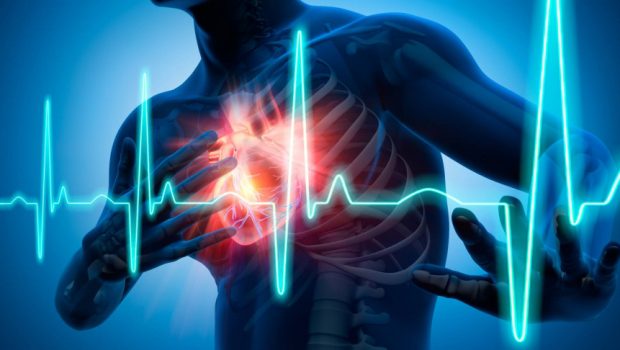A novel AI technology predicts if and when a patient could die of cardiac arrest
Lethal cardiac arrhythmias are one of the deadliest conditions but are hard to predict and therefore prevent.
But what if an artificial intelligence (AI) system could provide some much-needed help? A study published this month in Nature Cardiovascular Research is outlining an AI that has been trained on raw images of patients’ hearts as well as patient backgrounds to predict if and when a patient could die of cardiac arrest.
Detecting patterns invisible to the naked eye
The AI is currently reported to be much more effective at this task than a doctor, detecting patterns in heart MRIs invisible to the naked eye.
“Sudden cardiac death caused by arrhythmia accounts for as many as 20 percent of all deaths worldwide and we know little about why it’s happening or how to tell who’s at risk,” told SciTechDaily senior author Natalia Trayanova, the Murray B. Sachs Professor of Biomedical Engineering and Medicine.
“There are patients who may be at low risk of sudden cardiac death getting defibrillators that they might not need and then there are high-risk patients that aren’t getting the treatment they need and could die in the prime of their life. What our algorithm can do is determine who is at risk for cardiac death and when it will occur, allowing doctors to decide exactly what needs to be done.”
Surfacing hidden information
Trayanova and her team used contrast-enhanced cardiac images that surface information normally hidden from the mere human eye. In using this technique, the researchers were able to visualize scar distribution from hundreds of real patients at Johns Hopkins Hospital, giving them critical information about scarring patterns that doctors haven’t yet been able to access.
“This scarring can be distributed in different ways and it says something about a patient’s chance for survival. There is information hidden in it," added first author Dan Popescu, a former Johns Hopkins doctoral student.
But is it accurate? The algorithms’ predictions were further validated in tests with an independent patient cohort from 60 health centers across the United States. The team is now developing other systems to detect more diseases. The novel AI systems could forever revolutionize how we diagnose and treat cardiac diseases.








Gloss